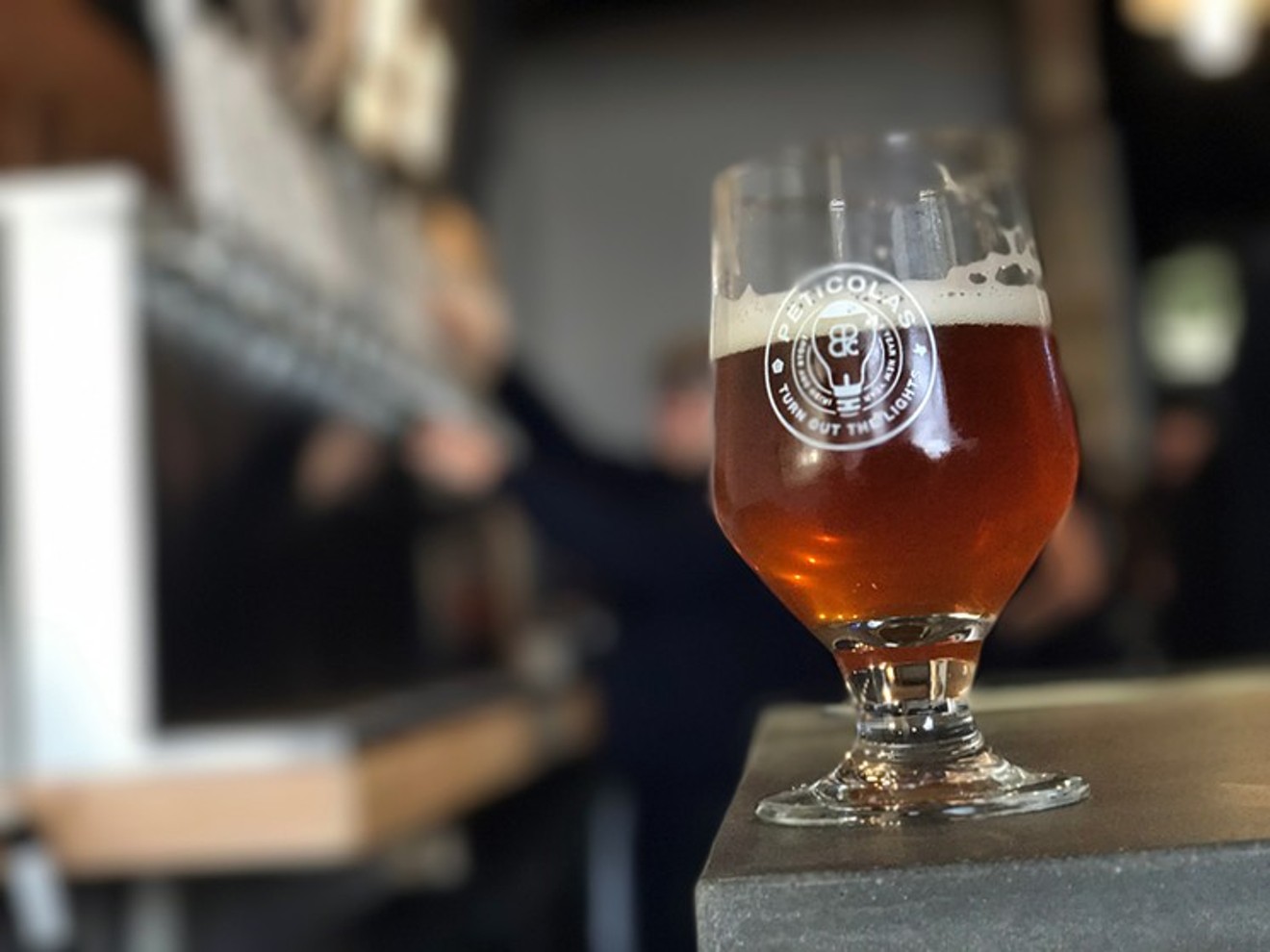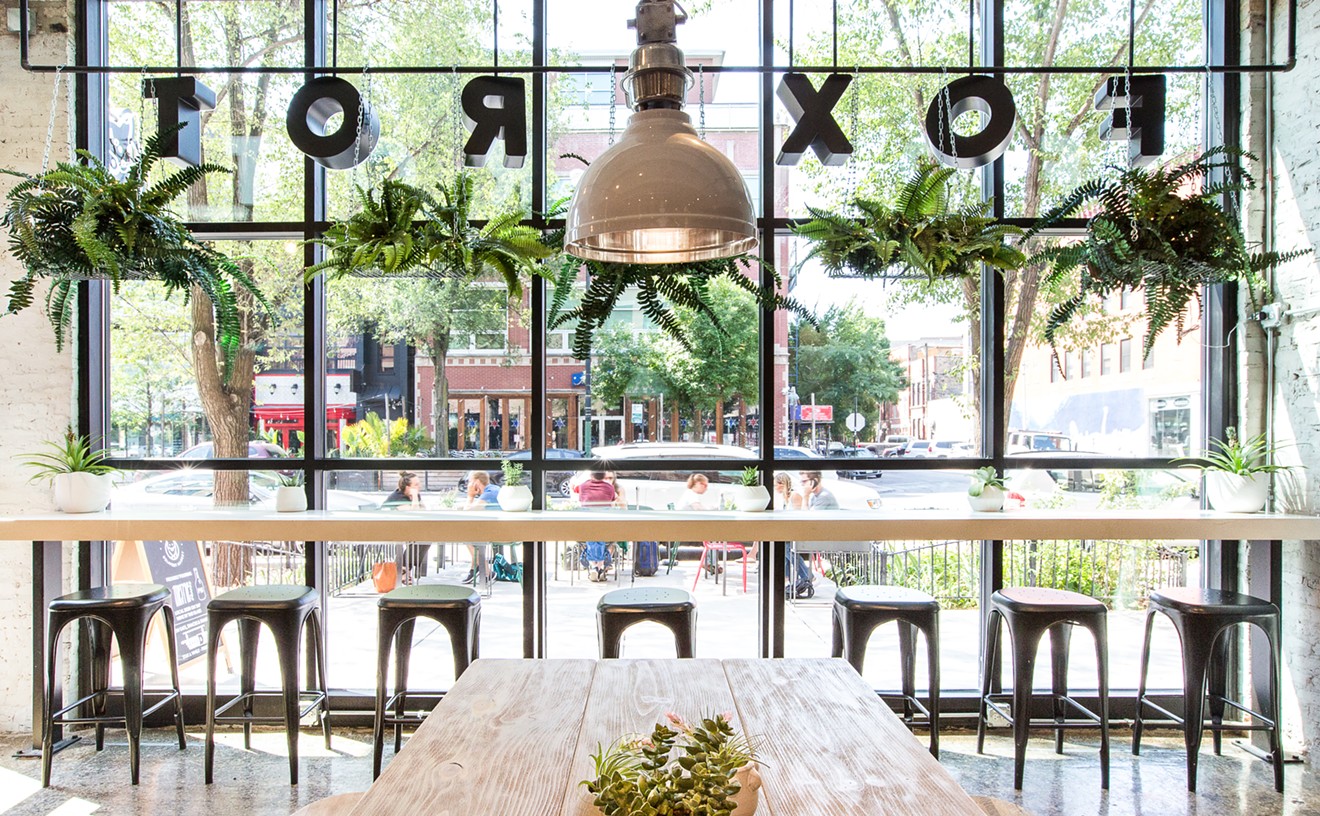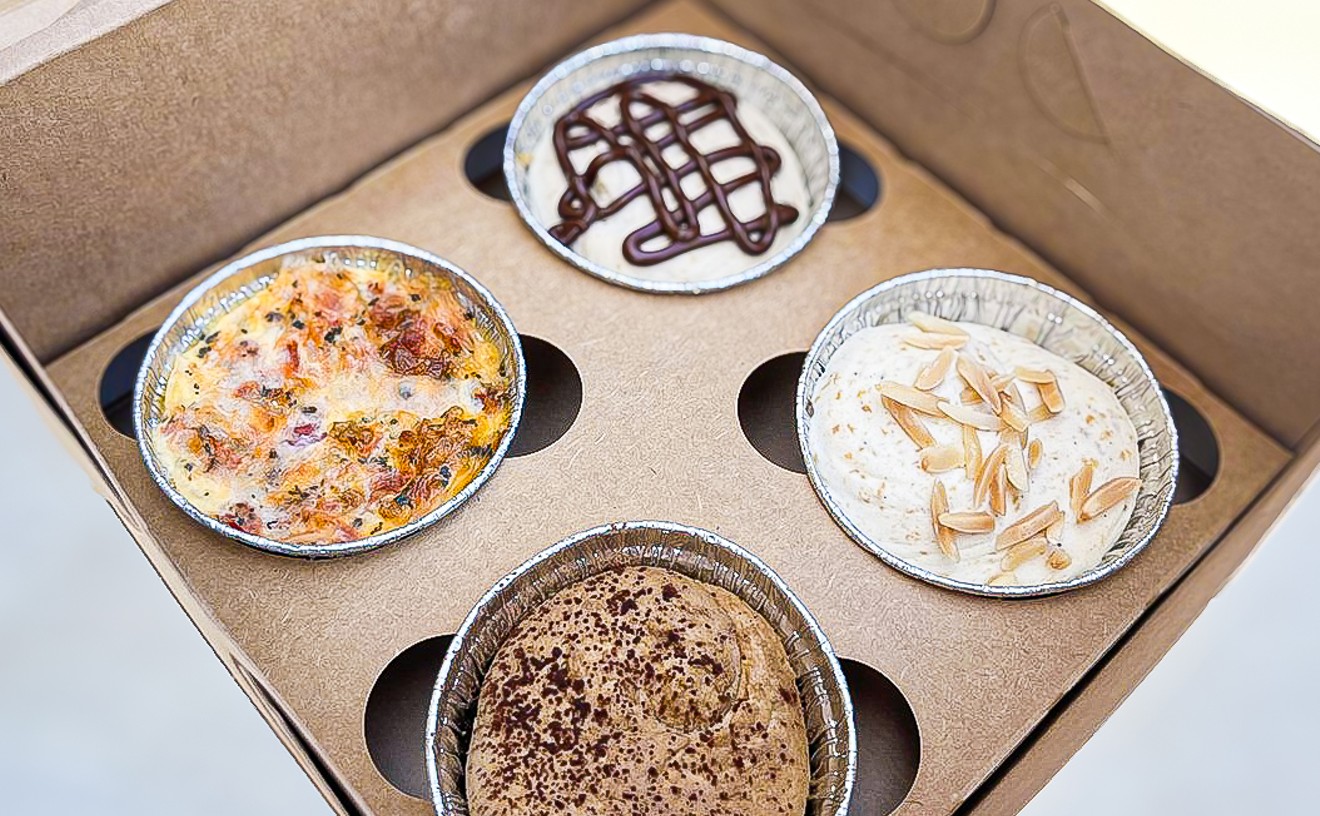In a nutshell, for 2018 and 2019, the bill slashes the excise tax that producers pay on the wine they make, beer they brew or liquor they distill. For craft brewers, defined as those brewing less than 60,000 barrels a year, the excise tax per barrel has been cut in half, from $7 per barrel to $3.50. Brewers who produce more than 60,000 barrels a year won't see the savings, and their tax remains at $16 to $18 per barrel.
To find out how this might impact a craft brewer, we reached out to John Reardon at Deep Ellum Brewing, Michael Peticolas at Peticolas Brewing and Jeremy Roberts of 903 Brewing in Sherman.
According to Reardon, there are somewhere around 6,500 brewers in the U.S., and this new tax break will benefit all but about 50 of them. Craft brewers tend to be small, local and uniquely American. The savings for impacted brewers will be “substantial,” Reardon says.
“We [craft brewers] create more jobs," he says. "The labor per barrel is a lot higher [on a craft product].”
Roberts points to work such as cleaning and filling kegs, which is done by robots at the largest brewers.
“My wife was doing that here when she was seven months pregnant, cause it had to get done," he says. "My wife and I own the brewery, and for us, it’s a labor of love.”
This proposal has been around for several years, with support from both liberal and conservative legislators. By and large, the craft beer industry has been doing well, but increased competition and aggressive buyouts from some of the bigger players have slowed initial growth. Having Congress help out an industry that is already performing well seemed unlikely. But seen in a larger macroeconomic view, a tax bill that promises to charge lower taxes and promote business growth found a perfect partner in craft brewers.“Everyone got a tax break, so maybe they got a couple more bucks for beer.” – John Reardon, Deep Ellum Brewing
tweet this
Deep Ellum Brewing is one of the largest breweries in town and currently produces about 44,000 barrels per year. If its 2018 plan holds, it will near the 60,000-barrel level, and Reardon says the company is looking at a “tangible, easy-to-measure savings” of about $200,000 from 2018-19.
While speculating that the chaotic political climate might encourage some brewers to just “sit on the cash and see what happens,” he says that won’t be the case for Deep Ellum Brewing. Reardon plans to push the savings right back into his business.
Peticolas does, too.
“Over the entire industry, you may see that money go a lot of places," he says. From salaries for new employees to an additional fermentation tank or bonuses for existing staff, brewers will have some choices to make, but the message from Peticolas is that “it will go directly into the business."
Roberts says the savings will be quite a bit smaller at his production levels. 903 produces about 4,400 barrels a year and plans to nearly double that number in 2018. At its current level, the change would mean about $1,200 a month in tax savings. The brewery employs 11 people at its plant and taproom in Sherman but is making a major investment in a new multi-use space.
Roberts figures that the point of the tax cut was to “help small guys out so they can reinvest in the business and at the same time help create more jobs," he says. "Obviously, we are in so much debt as a country, so what they are hoping it will do is spur growth. What we have to do is just make sure that money is being invested wisely. For us, it will go right back into equipment or employees.”
Unfortunately for craft beer drinkers, a $3.50 reduction of tax at the barrel level is about one and a half cents per pint, and you aren’t likely to see a price drop at your favorite bar or pub. Even if brewers lowered the price of a keg, Texas’ unique distribution rules would probably see most of the savings disappear somewhere in delivery. If this all works as planned, we should see a healthier, more sustainable craft brewing industry. And that's a good thing because, as Reardon says, “Everyone got a tax break, so maybe they got a couple more bucks for beer.”











